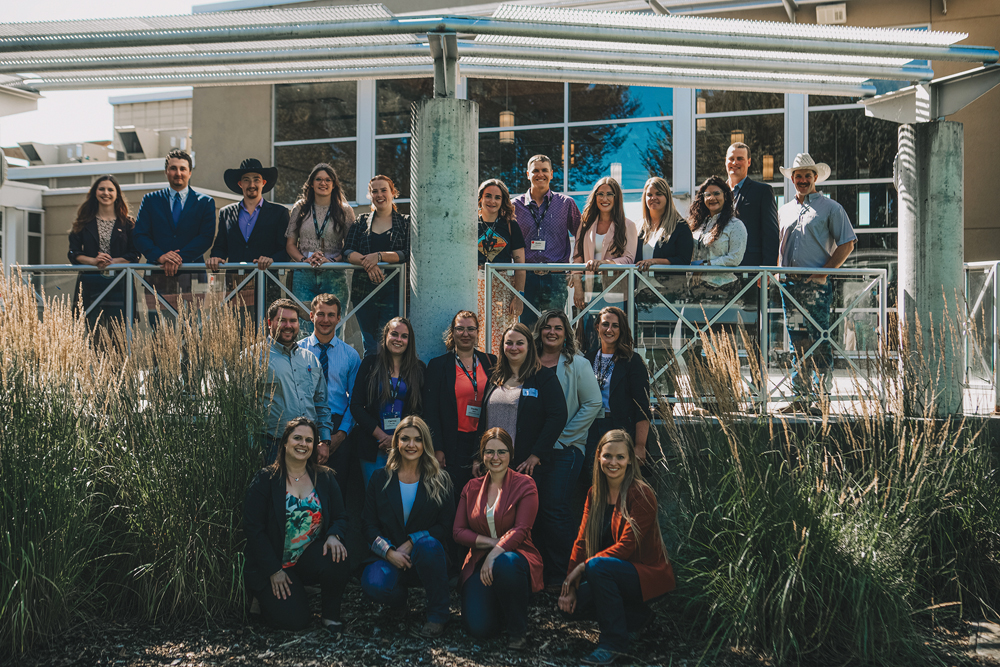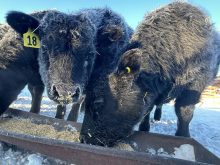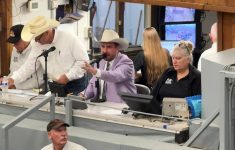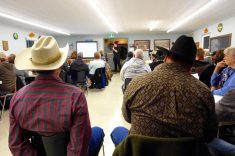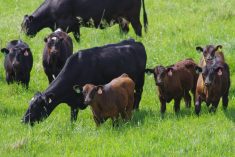Two Manitobans are among the 16 finalists for the Cattlemen’s Young Leaders (CYL) Mentorship Program, a national youth initiative of the Canadian Cattle Association (CCA).
Every year, the mentorship program selects a group of young leaders interested in any area of the beef supply chain and matches them with a mentor in their area of interest. The idea is to pass skills and knowledge to the next generation of workers in the beef industry.
In addition to mentorship, finalists will be awarded a $2,000 budget to put toward beef industry travel and learning opportunities of their choice. Participants can be from anywhere in Canada and must be between the ages of 18 and 35.
Read Also
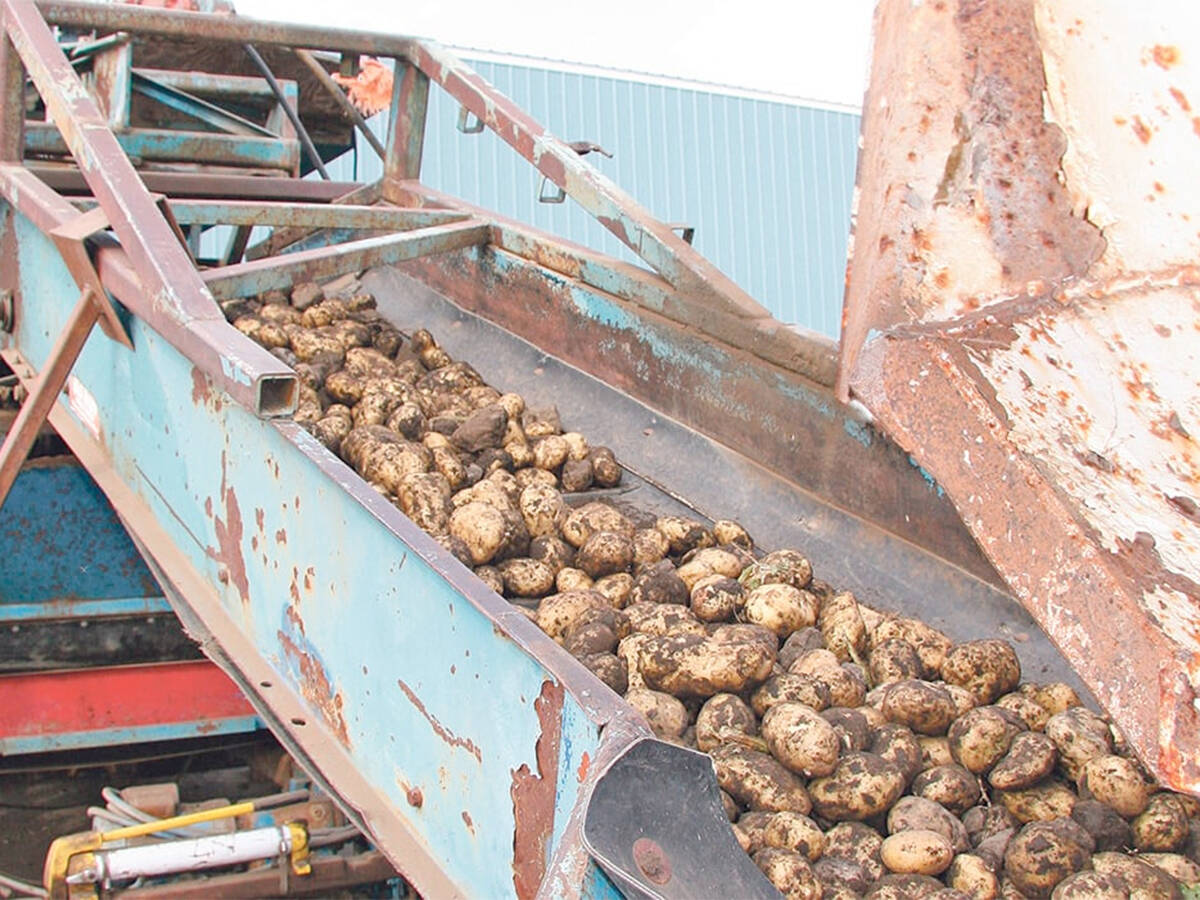
Potato growers beware new PVY strains
Newer strains of potato virus Y (PVY) are creating headaches for potato farms in Eastern Canada, and Manitoba farmers should pay attention
The 22 semi-finalists attended the Canadian Beef Industry Conference in Penticton, B.C., in August. From that group of 22, 16 finalists would be selected. The semi-finalists rotated through discussions with their peers at five roundtables, each facilitated and judged by representatives from the CYL Program’s sponsors.
They put their skills to the test through discussions about topics such as succession planning, animal health innovation and production efficiencies, adopting new technology, beef sustainability and growing market share.
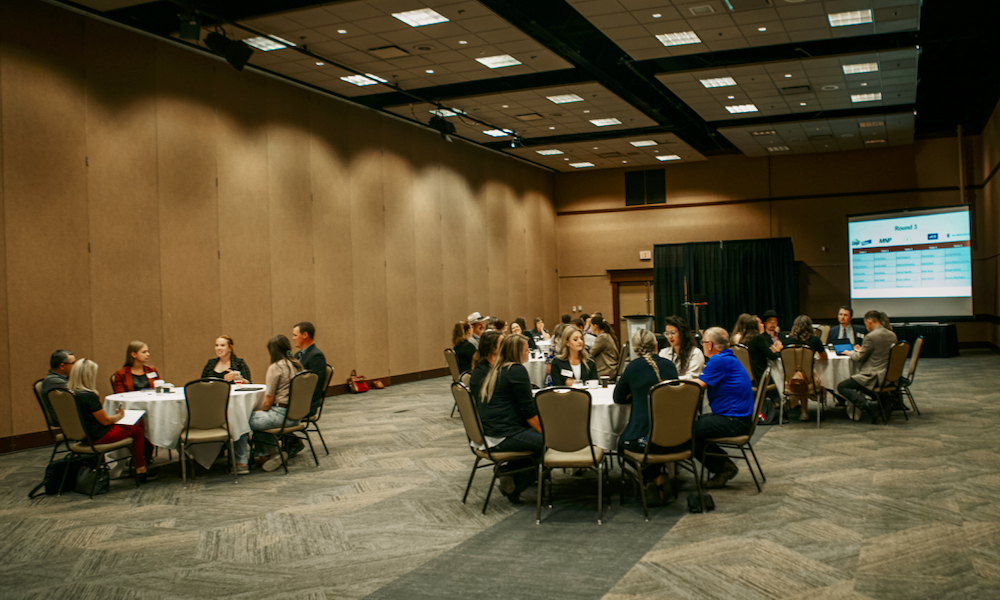
James Kinley, 20, from Cartwright, and Stefan Bouw, 34, from Anola, are the two Manitobans who made the cut.
Kinley was raised on his family’s livestock farm in Cartwright.
“I’ve been involved in primary production my whole life,” he says. He’s studying for his bachelor of agricultural technology at Lakeland College in Vermilion, Alta., and is certain his career will include work on the family farm.
Bouw is a third-generation cattle farmer. He is married with four children and farms with his brother and his family. His grandparents came from Holland and established a feedlot. After the BSE outbreak in 2003, they moved to a cow-calf operation.
“We’re calving about 220 cows every year, and we have a bull sale up at the Interlake every year. That’s sort of our main business,” Bouw said.
He says he was attracted to the CYL program because he knows the value of mentorship.
“We’ve been through a lot of change in our operation in the last decade, and in getting through that, I’ve used a lot of advice from neighbours.”
A breeder in the U.S. has also been advising him for more 10 years.
“You can shave five or 10 years off of a learning curve if you can talk to the right people.”
Kinley approached the program from a different perspective.
“I didn’t know a whole lot about the program,” he admits. “One of my instructors last year told me, ‘You’d be perfect for this program. You should apply for it.’ And so I applied for it.”
Not until he was accepted as a semi-finalist did he dig into program details.
“When I started looking more into it, I was like, ‘Wow, this is quite the opportunity.’
“I’m not exactly sure what avenue I want to go down, but the connections will really help me in my career,” he says. “For example, I met Stephen when we were in B.C. He only lives two and a half hours from me. Maybe one day we’ll do business together on a bull, or with marketing, that kind of aspect.”
Bouw also sees benefits from networking, but his goals for the program lean toward dollars and cents.
“There are a lot of farms that are going to turn over hands in the next decade or two and it’s a lot more expensive than the last time that happened,” he says. “So I just want to hear from somebody who has been at it longer. It’s really just about the future.”
The next step is the mentor selection process, which takes place later this month.
“What’s exciting about that selection process is that when we’re reaching out to these industry leaders, they’re humbled and excited to be helping the next generation,” says CCA Youth Leadership Coordinator Jessica Radau.
“I think that’s something that’s so incredible about not only the beef industry, but the Canadian agricultural industry as a whole. People are willing to invest in the next generation and have the foresight to build the industry for future years. It’s really exciting to see.”


